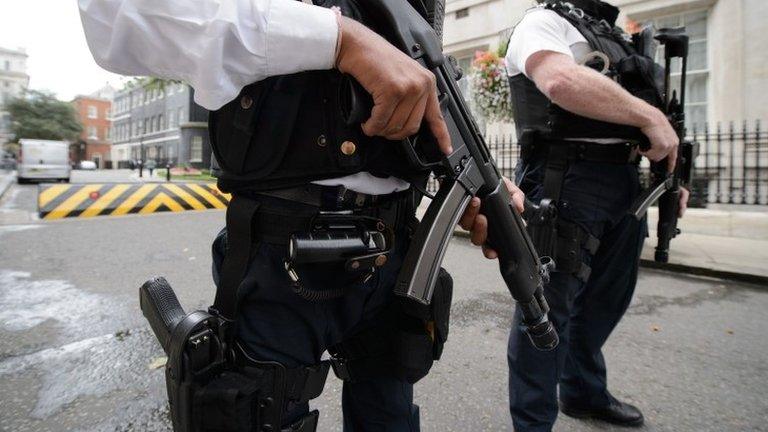Referrals over radicalisation 'double in a year'
- Published
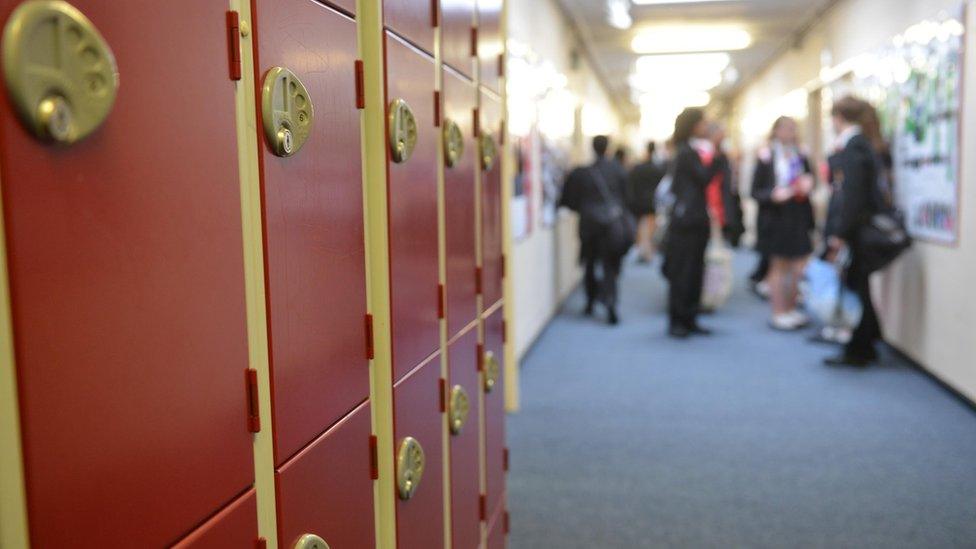
More than 3,800 people in England and Wales were referred to the government's anti-radicalisation programme last year, more than twice the number in 2014, the BBC has learned.
The figures released by the National Police Chiefs Council under a Freedom of Information request show 2,003 under 18s were put on the Channel initiative.
The rise came as a duty was put on schools in Britain to report concerns.
About two-thirds of the referrals - 2,629 - were for Islamist extremism.
There were 525 referrals for far-right extremism but the nature of the remaining 728 cases was not specified in the response.
Online radicalisation
Channel is an "early intervention" scheme, designed to work with individuals of any age who are at risk of being exploited by extremist or terrorist ideologues.
The programme was set up after the 7 July London bombings and is a way for the police and other agencies to work with people, some of whom have been radicalised online.
But participation in the programme is voluntary and, in the case of children, parental consent is needed.
Under laws brought in last summer, schools, prisons, the NHS, and local authorities in England, Wales and Scotland have a legal obligation to spot individuals who might be vulnerable to extremism and radicalisation.
It followed a number of high profile cases in which young people have left the UK to join militant groups in Syria and Iraq.
Tailored support
The National Police Chiefs Council (NPCC) says it dealt with 3,872 Channel referrals last year, up from 1,701 in 2014.
The number of children subject to referrals increased from 663 in 2014.
The NPCC said it was unable to disclose the youngest age of a child referred to Channel last year because of rules governing security and personal information.
It had previously revealed that a four-year-old was referred in 2014, along with other members of their family.
Last month, a separate FOI request by the BBC found 415 children aged 10 and under, and 1,424 children aged 11-15 were referred to Channel between January 2012 and December 2015.
The NPCC said Channel "provides an appropriate support package tailored to an individual's needs".
"Channel works in a similar way to other initiatives that have sought to support individuals at risk from involvement in gangs, drugs and other social issues," it said.
The government has said the Channel programme had shown it could change lives and pull people away from extremism.
- Published21 January 2016
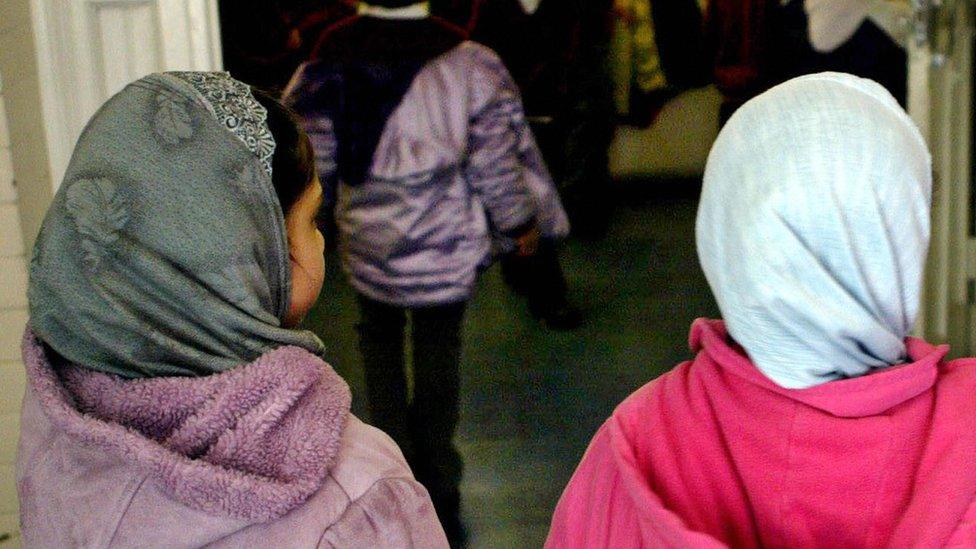
- Published17 September 2015

- Published1 September 2015
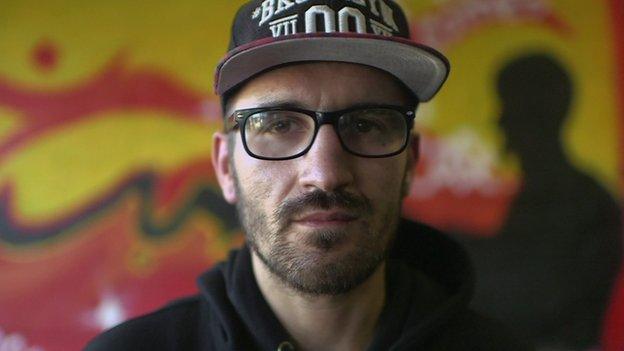
- Published30 June 2015
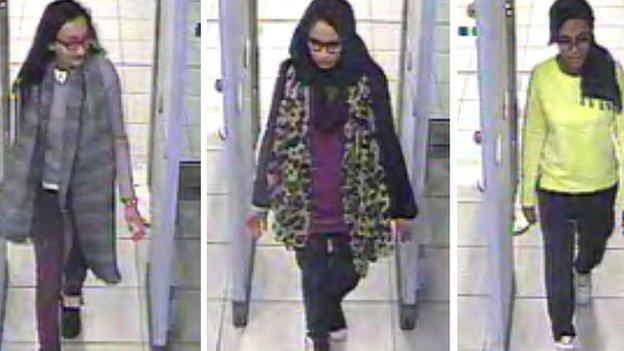
- Published6 March 2015
